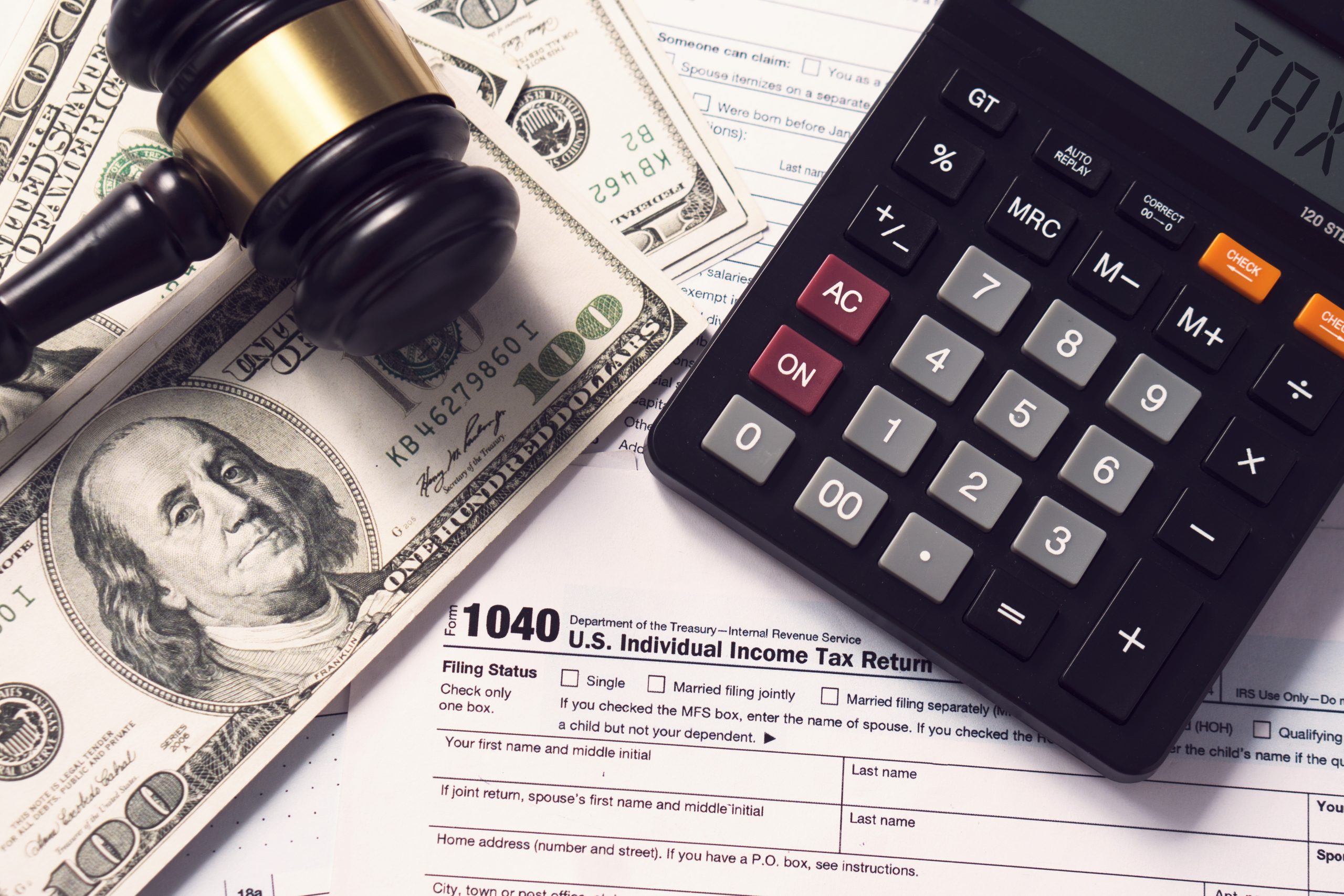
5 Common Tax Deductions That UK Business Owners Often Miss
For UK business owners, particularly sole traders and small limited companies, staying on top of allowable expenses is vital for managing tax liabilities efficiently. However, HMRC’s tax guidance can be complex, and many legitimate deductions are often overlooked—either due to a lack of awareness or uncertainty about eligibility.
Missing out on allowable expenses means paying more tax than necessary. Here are five commonly missed tax deductions that every UK business owner should be aware of:
1. Use of Home as Office
If you work from home, even part-time, you may be entitled to claim a portion of your household expenses as business costs.
Two Main Approaches:
- Flat Rate Method: HMRC allows a simplified flat rate depending on the number of hours you work from home each month (minimum of 25 hours per month). As of the current guidance, this ranges from £10 to £26 per month.
- Actual Cost Method: Alternatively, you can calculate the actual proportion of your household costs (e.g. rent, mortgage interest, utilities, council tax, and broadband) attributable to business use. This is more time-consuming but may offer greater savings, especially if you use a dedicated room for work.
Important: You must apportion fairly and keep clear records to substantiate any claims.

2. Pre-Trading Expenses
Business owners often invest money before they officially begin trading—on market research, branding, website development, or legal advice—but fail to include these as deductible.
HMRC Guidance:
- Reasonable expenses incurred up to seven years before you start trading can be treated as if they were incurred on the first day of business and are fully deductible against income.
Examples Include:
- Initial stock purchases
- Accounting and legal fees
- Website domain and hosting
- Office supplies and software subscriptions
Ensure you retain all receipts and document the date and nature of each expense.

3. Business Mileage and Travel Costs
Many business owners forget to claim for travel expenses, especially when using a personal vehicle for business purposes.
What Can Be Claimed:
- Mileage Allowance: You can use HMRC’s approved mileage rates (currently 45p per mile for the first 10,000 miles, and 25p thereafter for cars).
- Travel Costs: Public transport fares, taxis, and parking charges for business trips are also deductible.
Note: Commuting between your home and a permanent workplace is not deductible.
However, travel to temporary sites or for client meetings may qualify.
Keeping a mileage log or using an app to track journeys is highly recommended for accurate and compliant record keeping.

4. Professional Subscriptions and Training
Certain professional costs can be claimed but are frequently missed—particularly by freelancers and consultants.
Allowable Deductions Include:
- Subscriptions to professional bodies or trade associations (as long as they’re on HMRC’s approved list)
- Work-related training and CPD (Continuing Professional Development) that maintains or improves skills relevant to your existing trade or profession
Not Allowed: Courses that train you for a completely new profession or trade are not deductible.

5. Bank Charges and Financial Costs
It’s easy to overlook the fees associated with running business finances, but these can be claimed as legitimate expenses.
Allowable Costs:
- Business bank account charges and overdraft fees
- Interest on business loans and credit cards
- Leasing or hire purchase interest for business equipment
- Accountancy fees related to business tax advice or financial reporting
Personal bank account charges or interest are not deductible unless the account is used solely for business.
Claiming all allowable expenses is essential for accurate and efficient tax reporting. Many deductions go unclaimed simply due to uncertainty, poor recordkeeping, or lack of professional advice. To maximise your tax efficiency:
- Maintain organised financial records year-round
- Use accounting software to track expenses in real time
- Consult a qualified accountant or tax adviser for guidance, especially around grey areas
By staying informed and proactive, UK business owners can significantly reduce their tax burden and improve overall financial health.